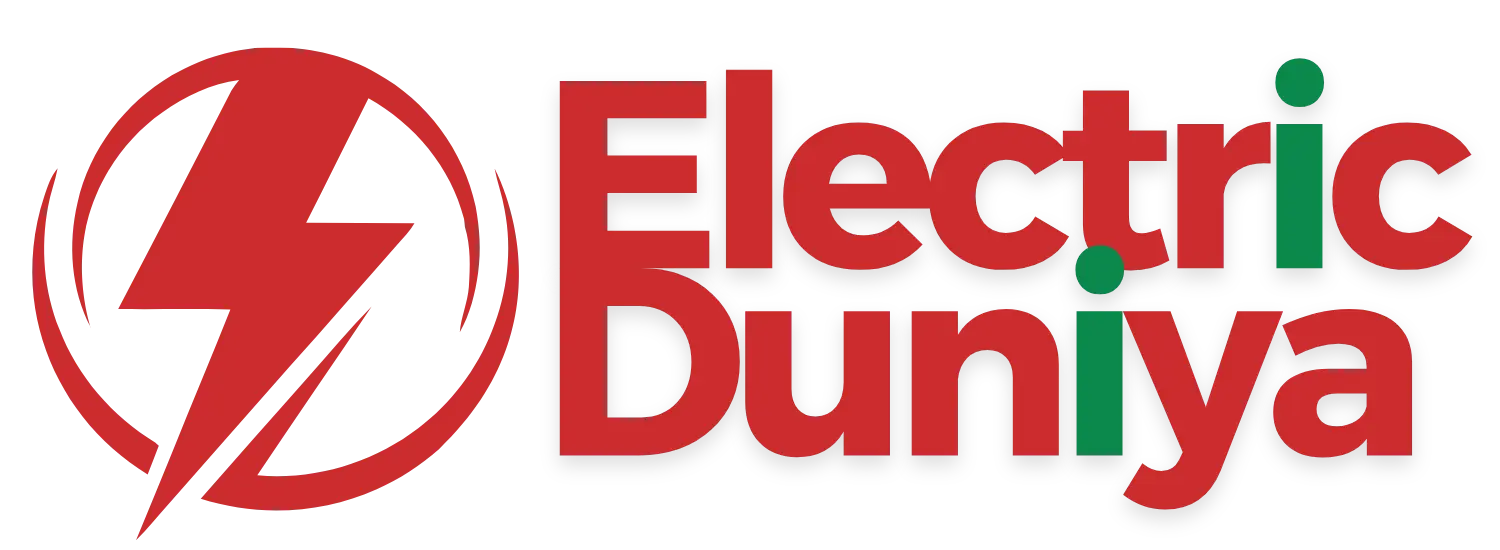Lithium-Ion Battery Pack
A lithium-ion battery pack is an assembly of multiple lithium-ion cells arranged with control systems to store and deliver power for electric vehicle propulsion.
Overview
A lithium-ion battery pack is the central energy storage unit in most modern electric vehicles. Unlike a single cell, a pack consists of hundreds or even thousands of interconnected cells arranged into modules, with a battery management system (BMS) ensuring safe and efficient operation.
These packs are designed to provide the necessary voltage and capacity to meet EV performance demands such as extended driving range, rapid acceleration, and reliable charging cycles. As technology evolves, manufacturers are improving pack architecture with innovations in cooling systems, thermal management, and modular scalability.
How Does It Work?
A lithium-ion battery pack functions through the coordinated interaction of its cells and supporting systems:
-
Cells: Individual units where lithium ions shuttle between the cathode and anode to store or release energy.
-
Modules: Groups of cells combined to achieve specific power ratings.
-
Pack: The complete assembly with modules, housing, thermal systems, and the BMS.
-
Battery Management System (BMS): Monitors voltage, temperature, and current flow to prevent overcharging, overheating, or deep discharge.
This integrated design allows EVs to operate safely and efficiently across different driving conditions.
Features of Lithium-Ion Battery Pack
-
High Energy Density
Provides maximum storage capacity in a compact form, extending vehicle range.
-
Integrated Thermal Management
Cooling and heating systems maintain cell temperature for safety and longevity.
-
Scalability
Packs can be configured to meet diverse vehicle requirements—from scooters to buses.
Applications in EV
-
Passenger Cars: Tesla, Hyundai, and BYD EVs rely on high-capacity packs for long-range driving.
-
Two- and Three-Wheelers: Compact packs deliver efficient power for scooters and e-rickshaws.
-
Commercial Vehicles: Buses and trucks use large-scale packs with robust cooling for heavy-duty applications.
-
Energy Recovery Systems: Packs store regenerated energy captured through braking.
Conclusion
The lithium-ion battery pack is the powerhouse of electric vehicles, enabling clean, efficient, and high-performance transportation. Its advanced design ensures safety, scalability, and energy efficiency, making it the foundation of sustainable mobility worldwide.

